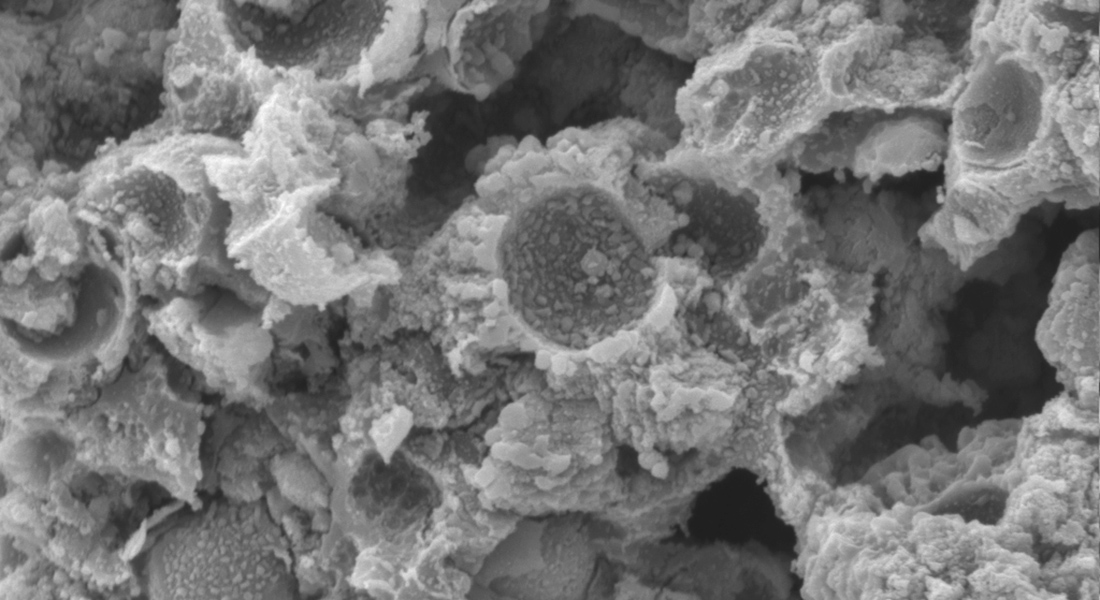PhD defence by Chen Wang

Algal biochar catalysts for oxidation of fluoroquinolones and water disinfection
The activation of PDS based on biochar-based materials for the degradation of FQs and the removal of AMR is a promising process. This thesis provides an overview of algal biochar catalyzing PDS-based advanced oxidation of FQs and removal of ARB and ARGs in water. CBs prepared under high-temperature pyrolysis are efficient and promising for the catalytic removal of NORs, ARBs, and ARGs from water by PDS. Studies in this Ph.D. project show that the optimum pyrolysis temperature for CBs is 950 ℃, CB950 exhibited excellent performance in PDS activation compared to low PT CB. CB950 can completely degrade 5 mg L-1 NOR in 120 min and achieves a maximum surface area normalized rate constant of 4.38×10-2 min-1 m-2 L compared to widely used metal catalysts. NOR is degraded by organic, hydroxyl and sulfate radicals in low PT CBs/PDS systems, and the presence of MnII further promotes radical generation. Electron transfer reactions with radicals involved dominating high PT CBs/PDS systems.
The catalytic reactivity of CBs is greatly enhanced by P-doping and the acid-washed cyanobacterial biochar (P2CB950w) prepared at 950 ℃ with triphenyl phosphate as the P dopant has the largest NOR degradation rate (5 times higher than undoped CB) and 79% NOR mineralization rate. Large specific surface area (max. 655 m2/g), high adsorption capacity, pyrolytic conversion of C-O-P to C-P-O bonding, and non-hydroxyl and sulfate radical pathways are the main attributes of PCBs with high catalytic reactivity. PCB950w/PDS also shows excellent bacterial removal with 0.018% of surviving bacteria after 1 day of treatment. Even though regrowth is observed in autoclaved stream water, the ARGs are markedly removed and did not re-increase, with spore-forming bacteria Firmicutes surviving predominantly. PCB950w/PDS treatment shows no influence at the level of ARGs/resistant bacteria in stream water.
Overall, this PhD project illustrates the importance of applying biochar catalysts in the treatment of environmental antibiotic contaminants and presents a basic framework for the design of carbon-based catalysts for organic pollutants degradation.
Supervisors
Supervisor: Professor Peter Engelund Holm
Co-supervisor: Professor Hans Christian Bruun Hansen
Assessment committee
Chair, Associate Professor Dominique Tobler
Professor Kai Bester, Aarhus University, Environmental Science
Senior Researcher Tiina Leiviskä, University of Oulu, Chemical Engineering
There will be a reception after the PhD defence.
Watch on Zoom
Passcode: 281397
